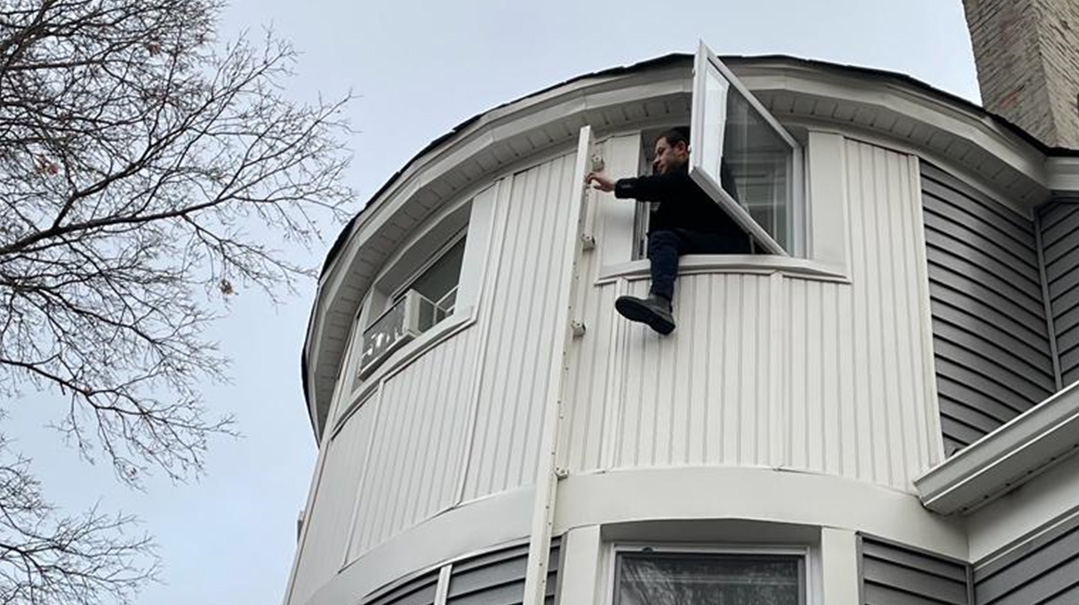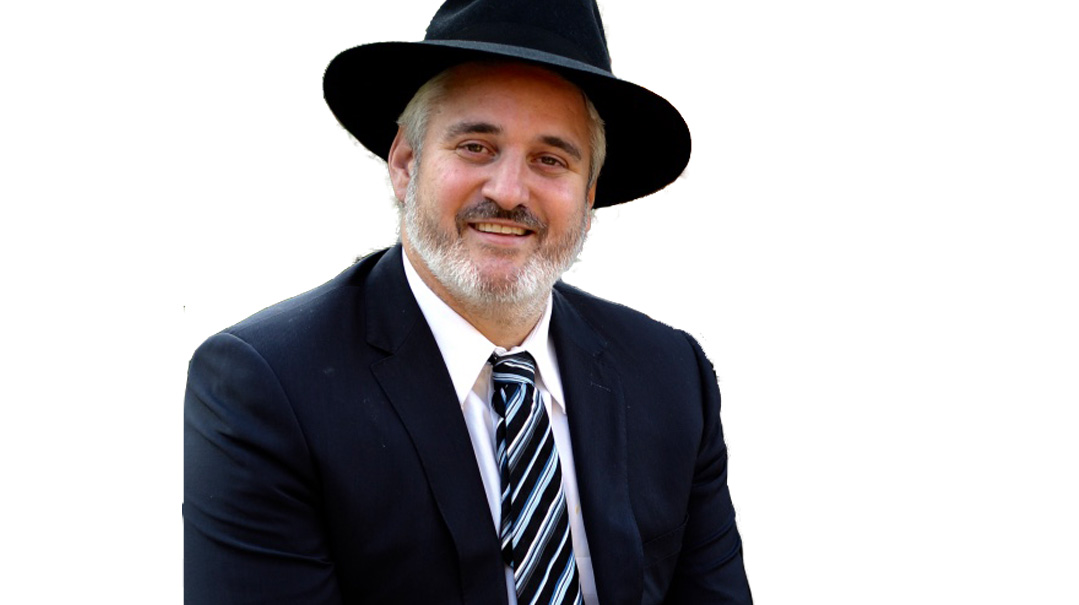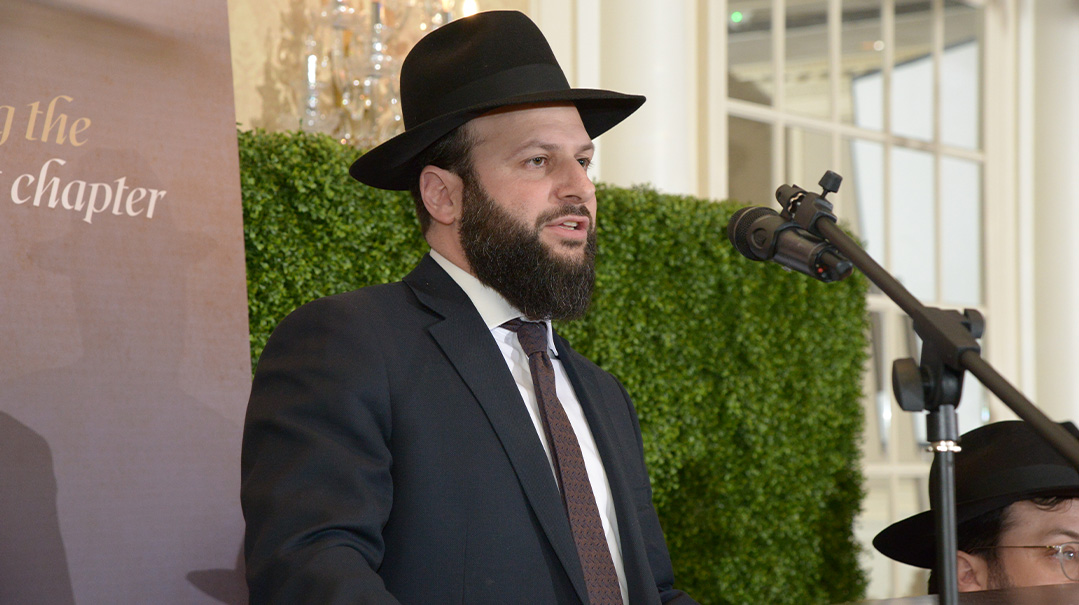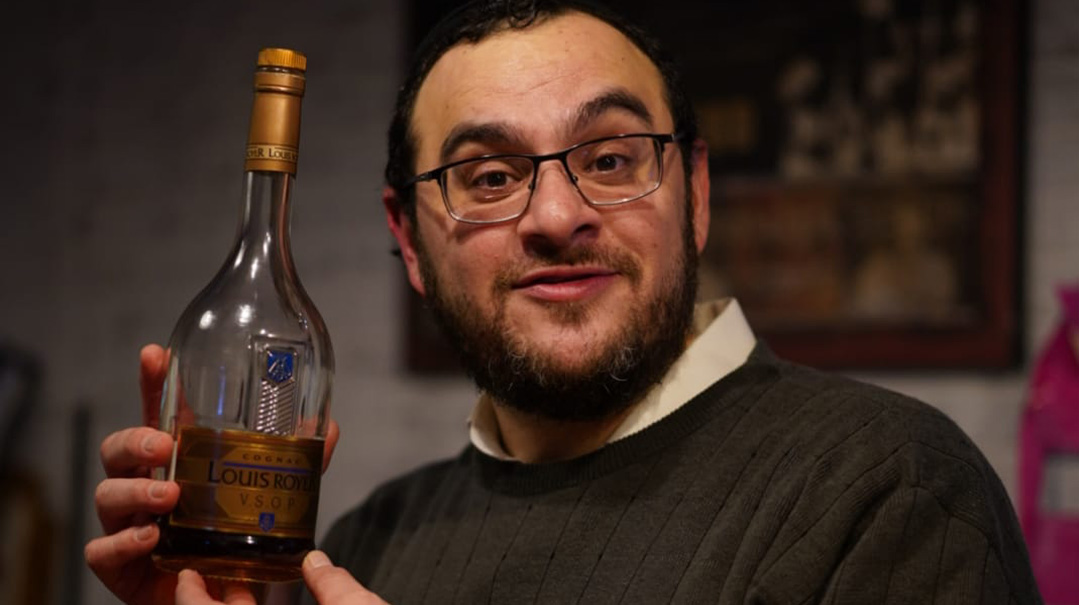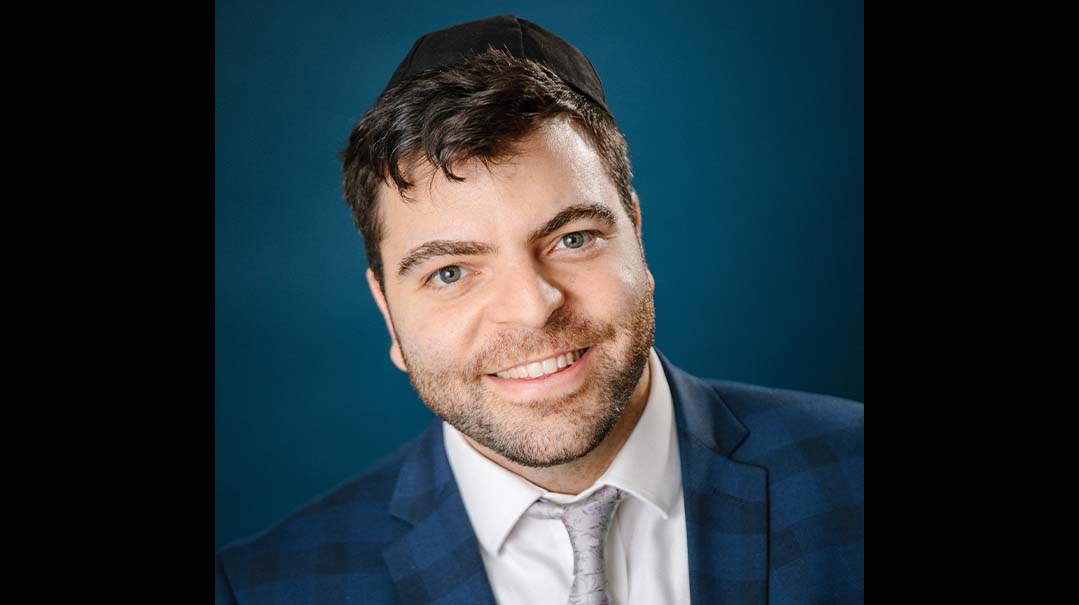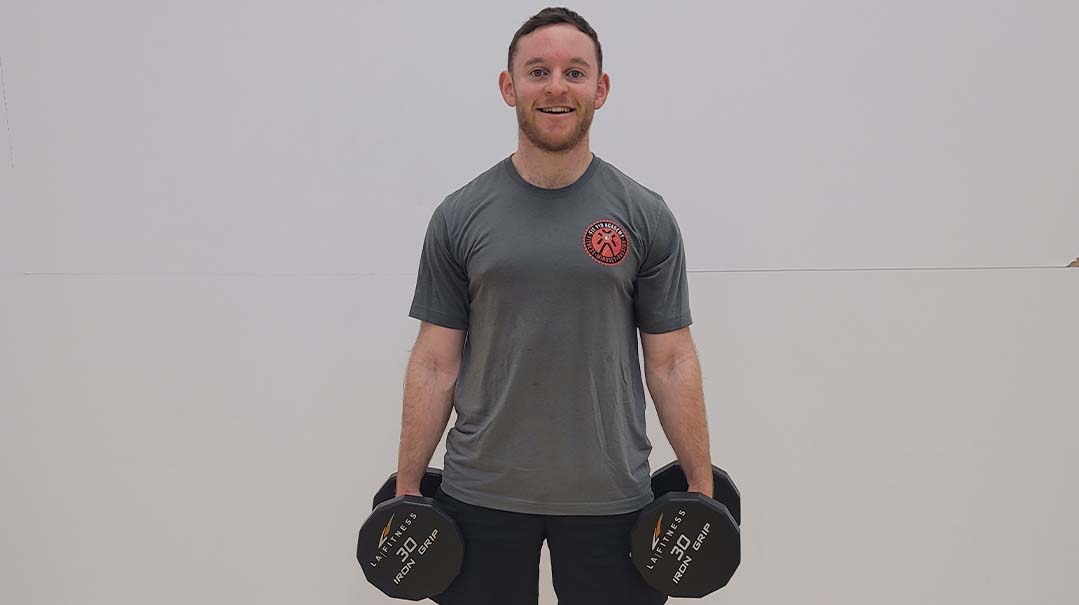10 Questions for Eli Samuel

Eli Samuel is the founder of SafeTelecom, a kosher smartphone system. He’s based in Kew Gardens Hills, New York.
Why did you start SafeTelecom?
Cellular carriers are phasing out their older 3G networks, and many dumb phones won’t work anymore — in fact, in some areas, like parts of Queens, Brooklyn, and Lakewood, they’ve already stopped working. Much of Klal Yisrael will be forced to make tough decisions about being pushed into buying a smartphone. That’s why we need an alternative — something that gives users a functional phone with the features they need while shielding them from the dangers they don’t want to be exposed to. There are kosher systems that either hack the phone from the outside in or put a filter on existing phones, but they often ruin the full smartphone experience and make using a kosher phone more of a hassle. I do things entirely differently, which is why SafeTelecom really is the refuah before the makkah, so to speak.
What exactly do you sell?
A Motorola smartphone that runs custom software engineered in a way that there are no browsers on the phone at all, so there’s no way to surf the web. My software includes a customized app store that replaces Google’s Play Store. The only apps listed are ones that were checked and cleared for use on my system, meaning I strip them of the ability to link to the broader Internet with a built-in browser — they do the function the app was made for, and that’s it. This is necessary, because many apps include a link to their website, and to get you there, they take you to their own web browser. Once you’re in that browser, the Internet is at your fingertips. Those parts of the app are inaccessible on my system.
Can I put your program on my current iPhone, Android, whatever smartphone I have?
At the moment, no. What I do to the phone is so specific and all-encompassing that I’m limited to Motorola — I’m not a filtering company, all the protections are built into the software itself, and I handle the entire process from purchasing to programming to shipping the final product. I provide tech support for the KosherOS software, mostly via e-mail, and the retailers I work with are equipped to handle most issues as well. If there are carrier issues, I just refer you to your provider — Verizon, AT&T, T-Mobile, whoever you use.
What options do you offer?
You select the level you want. There’s Basic, which gives you about 60 apps: Torah apps like CRC Kosher, Torah Anytime, and Zmanim; navigation and ride apps like Waze and Uber; and weather apps. The Plus level gives you all that and banking, money management, and local shopping apps — it’s more than 100 apps altogether. And the Premium level gives you all that as well as cloud sync and storage — things like Dropbox — business apps like airlines, and printing app options. There’s also a mehadrin version, where I shut the app store entirely so there’s only talk and text and basic phone functions like calculator, calendar, notes, and so on.
How did you come up with the idea?
I learn full-time in Chofetz Chaim in Queens. A few years ago, the hanhalah realized they need a solution ready to roll as e-mail and other modern forms of communication started getting popular. Honestly, the yeshivah still doesn’t encourage using smartphones, but if a yungerman needs the technology for a side business or wants to bring a device into his home, he should have a functional, airtight solution. After speaking to some menahalim at the yeshivah, I got to work — I don’t have formal programming training, but I’ve been coding for a while now with the help of Google, an invaluable resource. Three years ago, I came out with an LG phone just for the yeshivah. It was an older model that only worked for some carriers, I’d built it by stripping parts from the manufacturer’s software. It did the trick, but it was quite limited — no Google integration, no app store, and it wasn’t very customizable; the apps all had to be “injected” into the phone manually.
What challenges did you face along the way?
In August 2017, I decided I had to take new phones and completely rewrite the operating system. That’s when I moved to the brand-new Motorola phones I sell today. I still had to work out issues with GPS and Google and e-mail integration, but with lots of siyata d’Shmaya, I was able to fix those relatively quickly. By November 2017, I had a fully working app store framework and full Google integration, and I was able to provide the apps customers actually use daily. I also had to get the system to work on all cellular carriers — that was a big one.
Any interesting sh’eilahs?
With such a powerful and flexible system, I’ve gotten many requests to add apps to our offering that push the envelope — the biggest has been whether to add a sports option. I refer to my rebbeim in the yeshivah in those cases, and so far I haven’t done it. Obviously, there are monetary sh’eilahs all the time.
Who’s your clientele?
Yungeleit, businessmen, high schoolers, anyone frum who needs a smartphone but doesn’t want full Internet access. SafeTelecom is now in a number of communities including Lakewood, Boro Park, the Five Towns, New Square, Los Angeles, and soon Baltimore. I also have individual customers across the US and Canada. SafeTelecom is mostly compatible in Europe and Israel — I haven’t done extensive testing and coverage may vary slightly by model, but Motorola is very good at making phones that run all over the world. That’s one of the reasons I chose their brand for my KosherOS system. I’ve personally tested the phone in Israel and Canada, and I’ve gotten good reviews from customers who use it in those countries.
What kind of feedback have you gotten?
Overwhelmingly positive, baruch Hashem — and from people in the industry, which really means a lot. For example, someone from Chofetz Chaim connected me with a large kosher device distributor in Lakewood last winter. He looked at my phone and realized it had none of the holes he was used to seeing customers exploit in the existing solutions. He was impressed by the flexibility of the app store, so we developed his own app store levels specifically for the Lakewood crowd, and the initial response was extremely encouraging.
What’s your next step?
I started talks overseas to adapt the software to the local Motorola version of their phones, the ones distributed in those countries, because I don’t want to have issues with importing and exporting US models. Also, I’m currently doing this myself — the retailers I work with do a lot of sales, customer service, and light tech support, and I’ve developed lots of code to automate all the repetitive tasks. Baruch Hashem that’s all possible with computers nowadays, but I’m hoping to expand, to have employees help handle sales and customer service.
(Originally featured in Mishpacha, Issue 739)
Oops! We could not locate your form.







